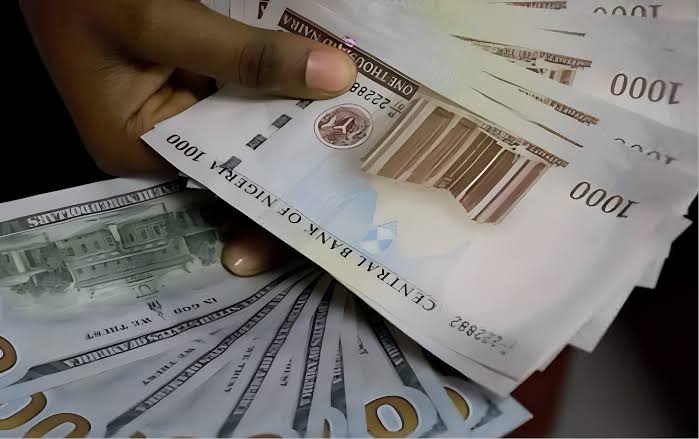
The naira Tuesday slid further at the parallel market in spite of the clampdown the federal government ordered on foreign exchange market speculators.
Bureau De Change (BDC) hubs were raided in Abuja, Lagos and Kano and some operators were arrested.
Despite the raids, however, the naira plunged further with a dollar exchanging for 1,900 in Abuja and Kano, and N1,800 in Lagos; while the British Pound was exchanged for N2,250.
However, at the official market, the naira recorded a marginal gain closing at N1,551.24 as against the earlier N1,574.62, according to the Nigerian Autonomous Foreign Exchange Market (NAFEM).
Daily Trust reports that the National Security Adviser, Nuhu Ribadu, had earlier yesterday directed operatives of the Nigeria Police Force, the Economic and Financial Crimes Commission (EFCC), the Nigeria Customs Service (NCS) and the Nigeria Financial Intelligence Unit (NFIU) to clamp down on forex market speculators.
This, he said, was a concerted effort to safeguard Nigeria’s foreign exchange market and combat the activities of speculators, both domestic and international, operating through various channels.
Ribadu, in a statement by Zakari Mijinyawa, Head, Strategic Communications in the Office of the NSA, said the office had to wade in at this time because some individuals and organisations had continued to undermine proactive measures of the Central Bank of Nigeria to stabilise the foreign exchange market and stimulate economic activities.
But some experts who spoke to Akelicious described the move as faulty, saying there are better ways to address the volatility.
The statement from Ribadu said, “The CBN’s proactive measures to stabilize the foreign exchange market and stimulate economic activities have been commendable.
“However, the effectiveness of these initiatives is being undermined by the activities of speculators, both domestic and international, operating through various channels, thereby exacerbating the depreciation of the Nigerian Naira and contributing to inflation and economic instability.






